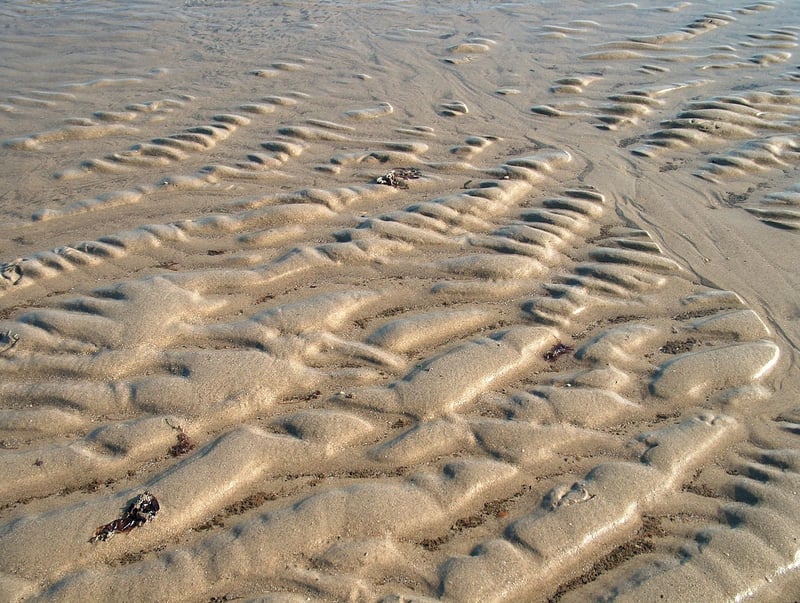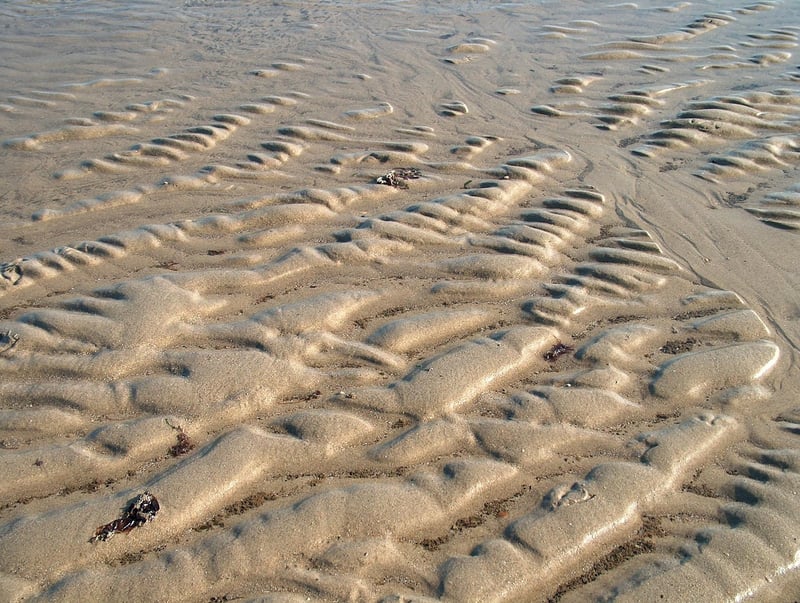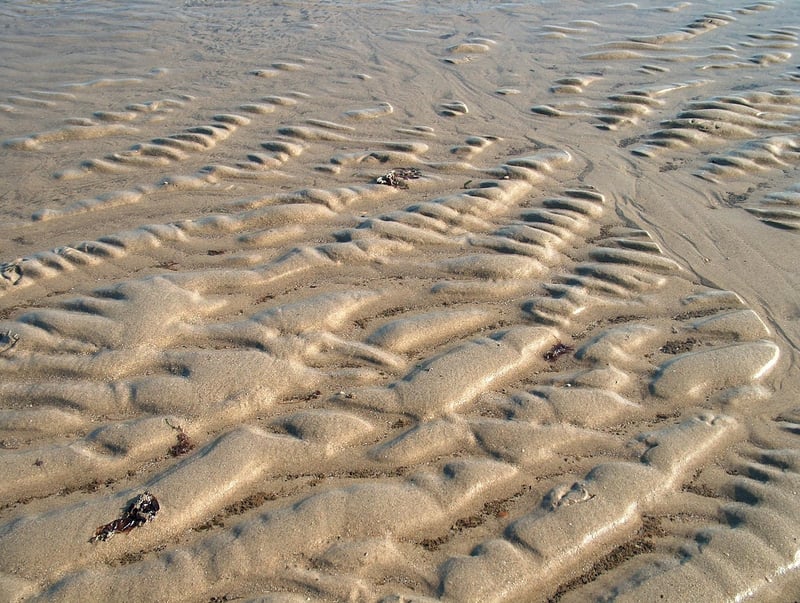Soil enrichment methods
Master the Art of Turning Waste into Nutrient-Rich Soil
Do you want to contribute to a sustainable environment while creating nutrient-rich soil for your garden? Learning how to turn waste into compost is a valuable skill that not only reduces waste but also enriches your soil. Here are some methods to help you master the art of soil enrichment through waste conversion.
1. Composting

Composting is the process of decomposing organic waste to create a nutrient-rich soil amendment. You can compost kitchen scraps, yard waste, and other organic materials to produce compost that can be added to your garden soil.
2. Vermicomposting

Vermicomposting involves using worms to break down organic waste into nutrient-rich vermicompost. Worms help accelerate the composting process and produce a high-quality soil amendment filled with beneficial microbes.
3. Mulching

Mulching involves covering the soil with organic materials like leaves, straw, or grass clippings. Mulch helps retain moisture, suppress weeds, and enrich the soil as it breaks down over time.
4. Green Manure Cover Crops

Planting cover crops like legumes and grasses can help improve soil fertility and structure. These crops can be turned into the soil before they reach maturity, adding organic matter and nutrients to the soil.
5. Bokashi Composting

Bokashi composting is a fermentation process that utilizes beneficial microbes to break down organic waste. This method works well for apartment dwellers or those with limited outdoor space.
By incorporating these soil enrichment methods into your gardening practices, you can create healthy, fertile soil while reducing waste and supporting a sustainable ecosystem. Start turning your waste into nutrient-rich soil today!
For more information on sustainable gardening practices, visit EPA - Composting at Home.
